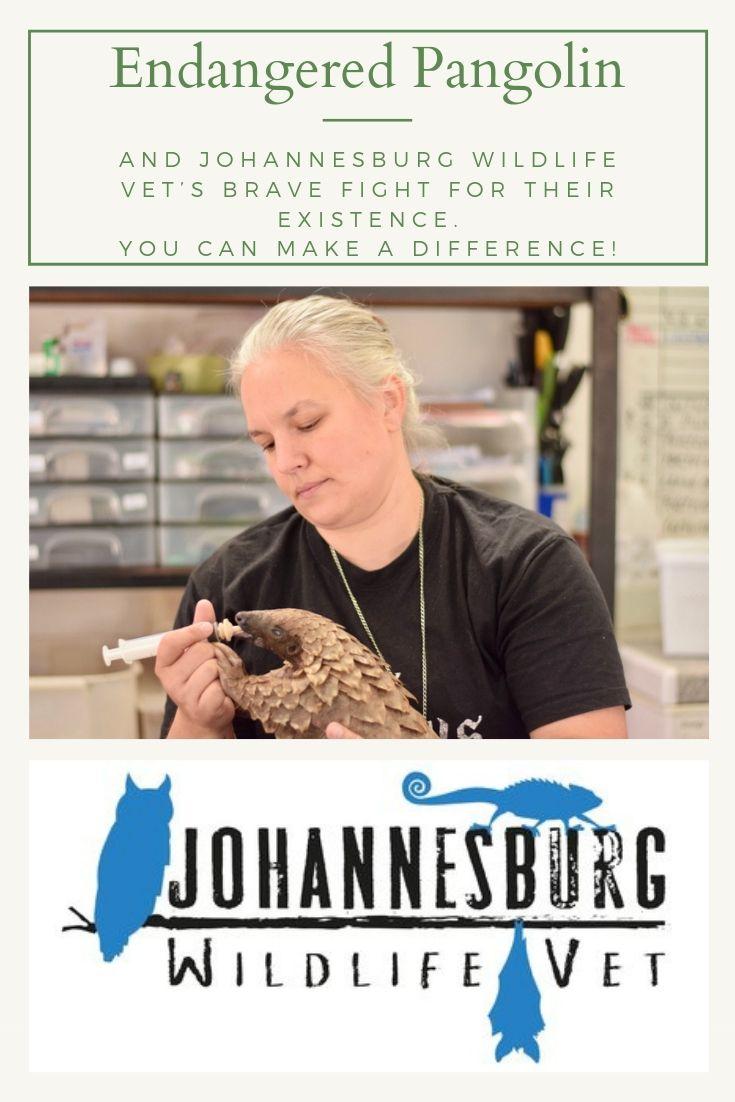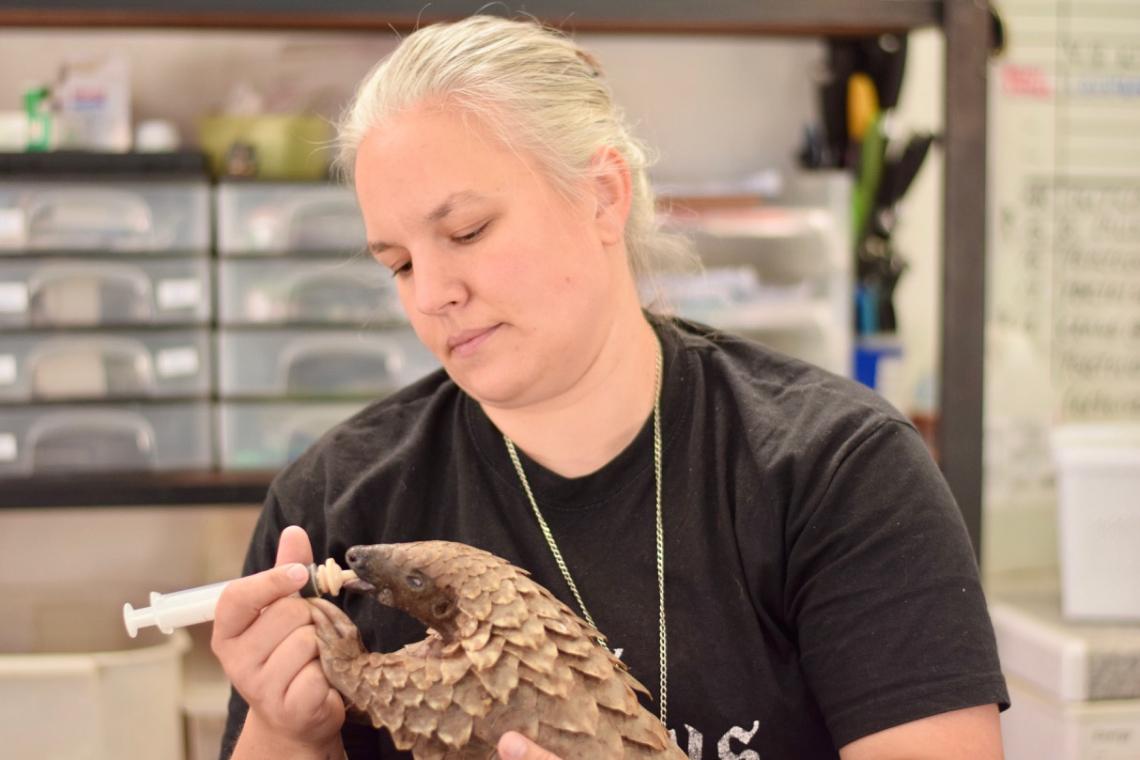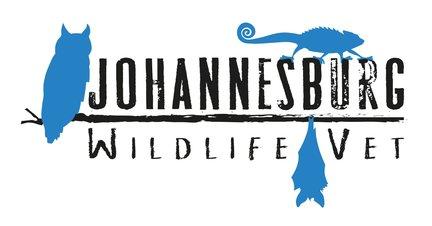Around the corner from one of the fastest-growing, densest living areas in Sandton, you will find a dedicated group of wildlife enthusiasts at the Johannesburg Wildlife Vet. Spending their days saving and caring for wild creatures such as the pangolin from all over South Africa.
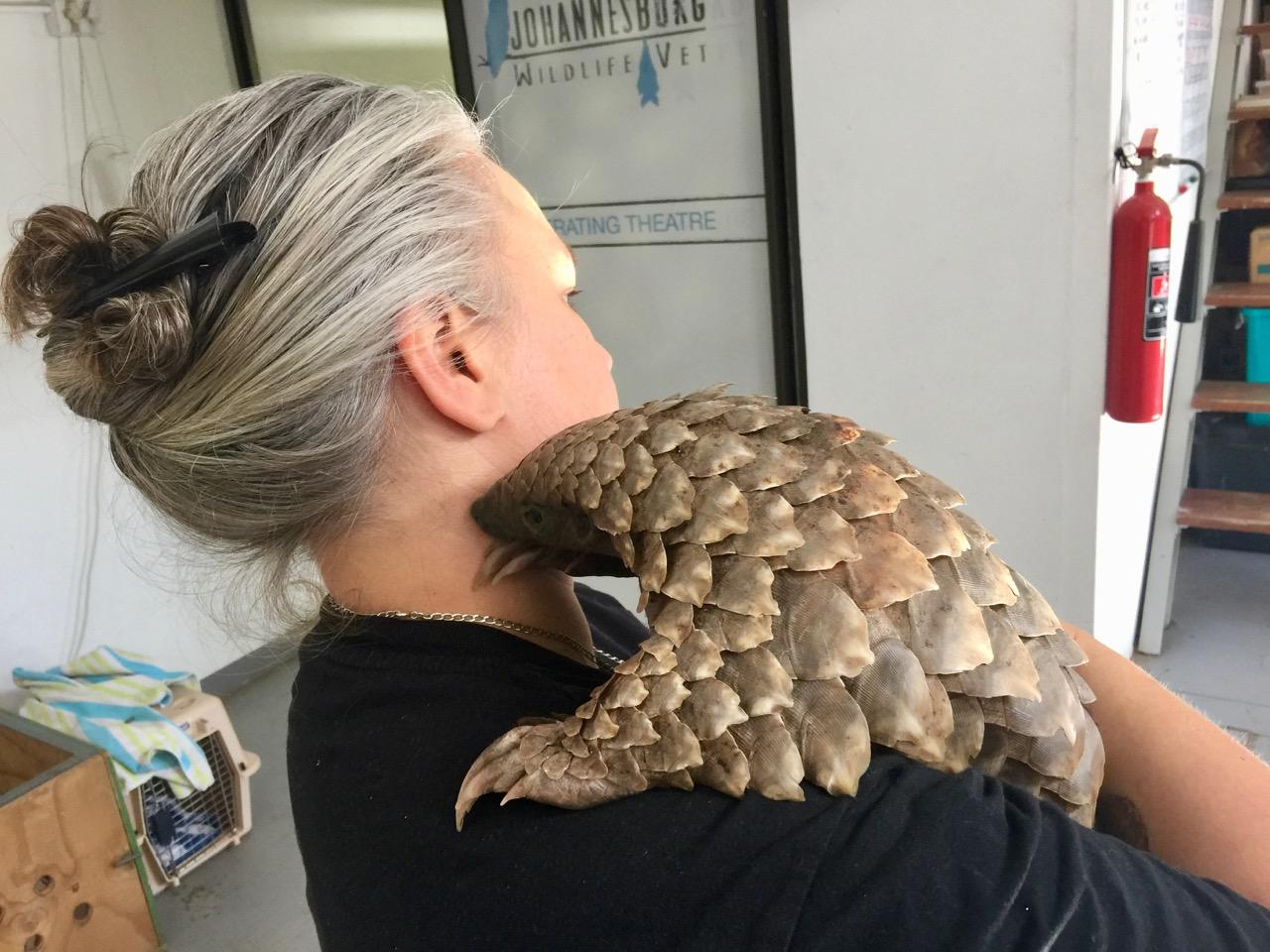
Pangolin's Specialised Treatment
Dr Karin Lourens is one of only two vets allowed to treat pangolins in South Africa. It was a truly rare occasion that ConservationMag was able to witness a pangolin in real life. Due to the threat to these little creatures by poachers, they are kept in secure locations away from the public.
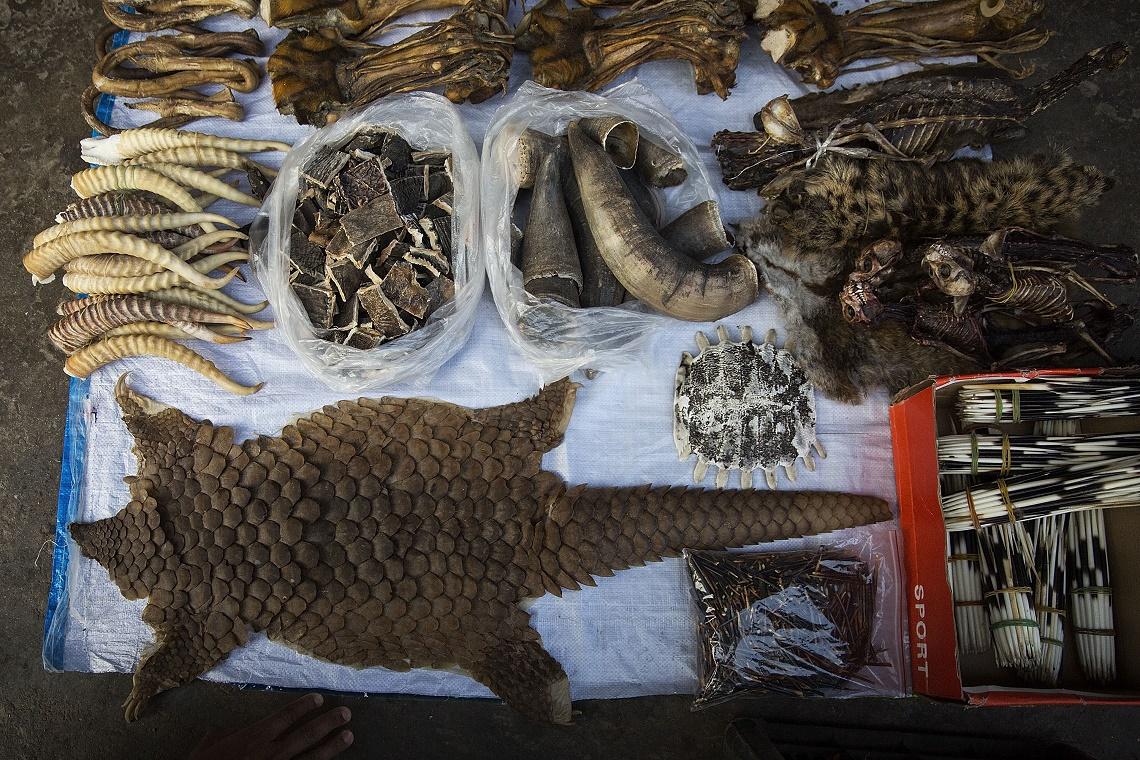
The Brave Fight for Existence
The fight against pangolin poachers is in full force. Dr Lourens and other experts are often called on to testify in court because not even specialised prosecutors know much about these little creatures. Sting operations and other methods are used to catch poachers, who are saddled with stiff sentences. To date, the harshest sentence recorded for a pangolin offence is a seven-year jail term.
The pangolin is a nocturnal animal, but this little guy is still a baby, so he is willing to eat during the day. Pangolins do not feed in captivity, so volunteers walk with him for four hours at a time as he looks for ants and termite on his own. Like all the animals at the Johannesburg Wildlife Vet, once he is ready for release, he will go through a soft release program to reintroduce him to the wild.
Johannesburg Wildlife Vet
Pangolins are not the only creatures treated at this veterinary clinic. Animals come to Johannesburg Wildlife Vet from as far as Cape Town, flown in by aeroplane to get the specialised treatment. The centre is the brainchild of Dr Lourens and Ms Nicci Wright, who saw the need to have a veterinary clinic and hospital to treat and care for these creatures. We took a little tour to meet some of the temporary residents being treated at the moment.
How can you make a difference?
Johannesburg Wildlife Vet is fully run on donations, and your donation will be highly appreciated. Just scan the SnapScan below to donate or click here for other donation options.
This Southern African python was confiscated from a Sangoma and is currently busy shedding its skin. The Southern African python is protected in its own right due to the threat of poaching for the pet trade.
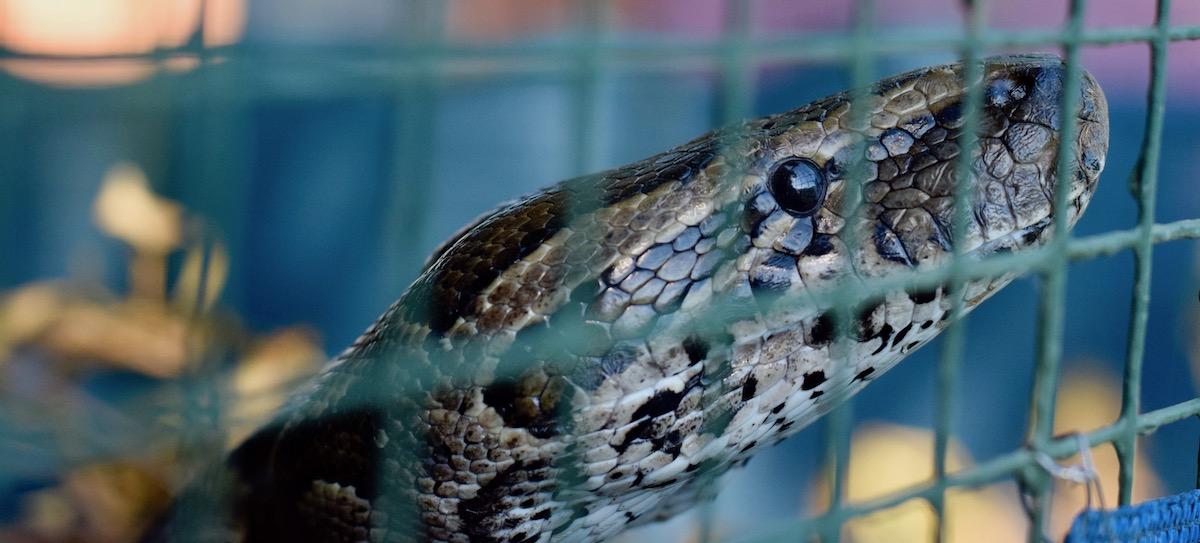
This six-month-old blue crane came in with a broken leg. After a serious operation, he received pins to repair the injury. The pins cause a serious limp, but Dr Lourens is very confident he will fully recover with no limp and they will reintroduce him to the wild. Receiving medical care certainly does not affect his personality—he loves showing off his wings and poses like a ramp model.
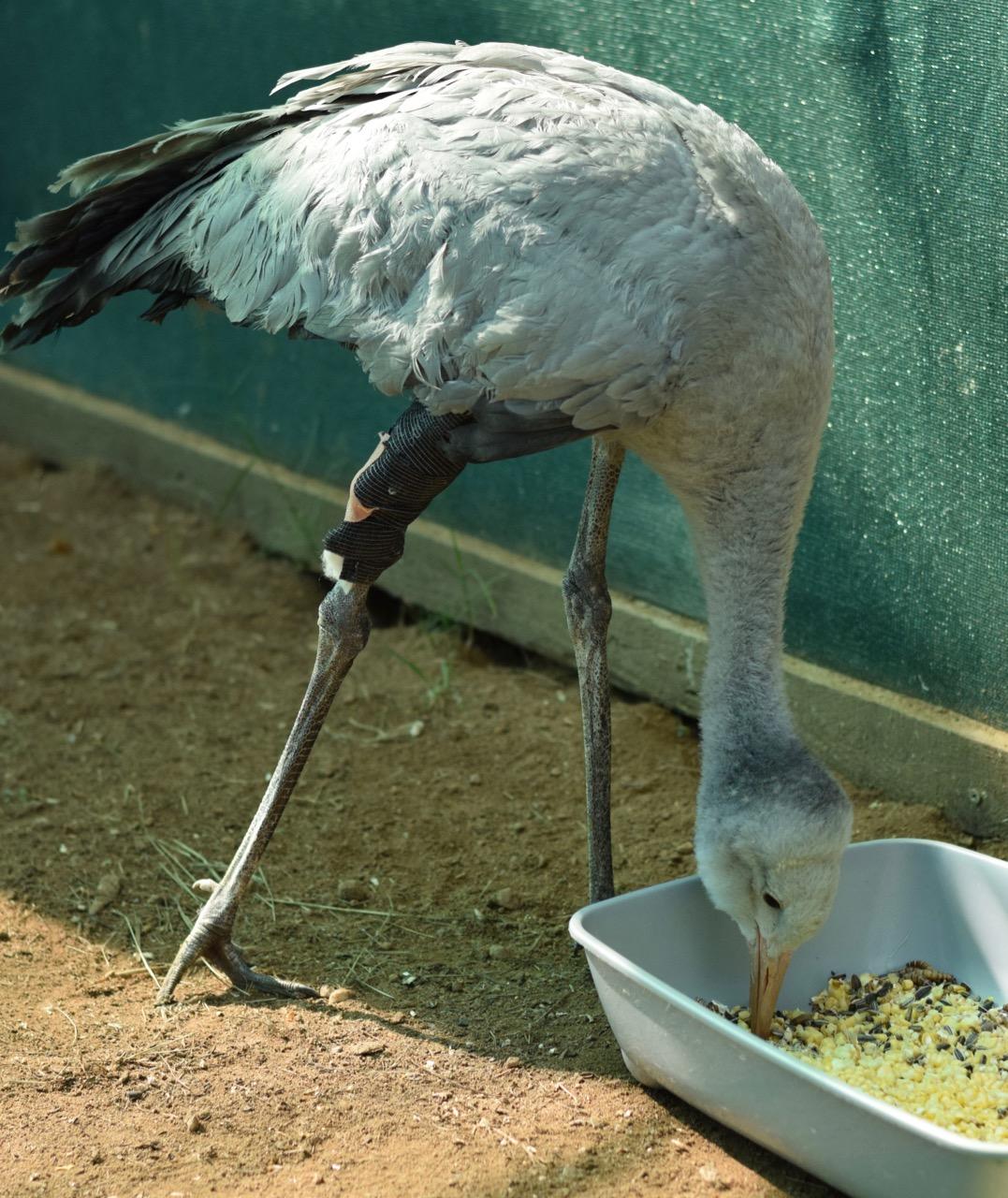
This grey duiker is four months old. Such a happy resident, he’s not even in a cage. The cage in the background is only the outside of a fence. He happily spends his days under the fresh leaves provided to him, nibbling away.
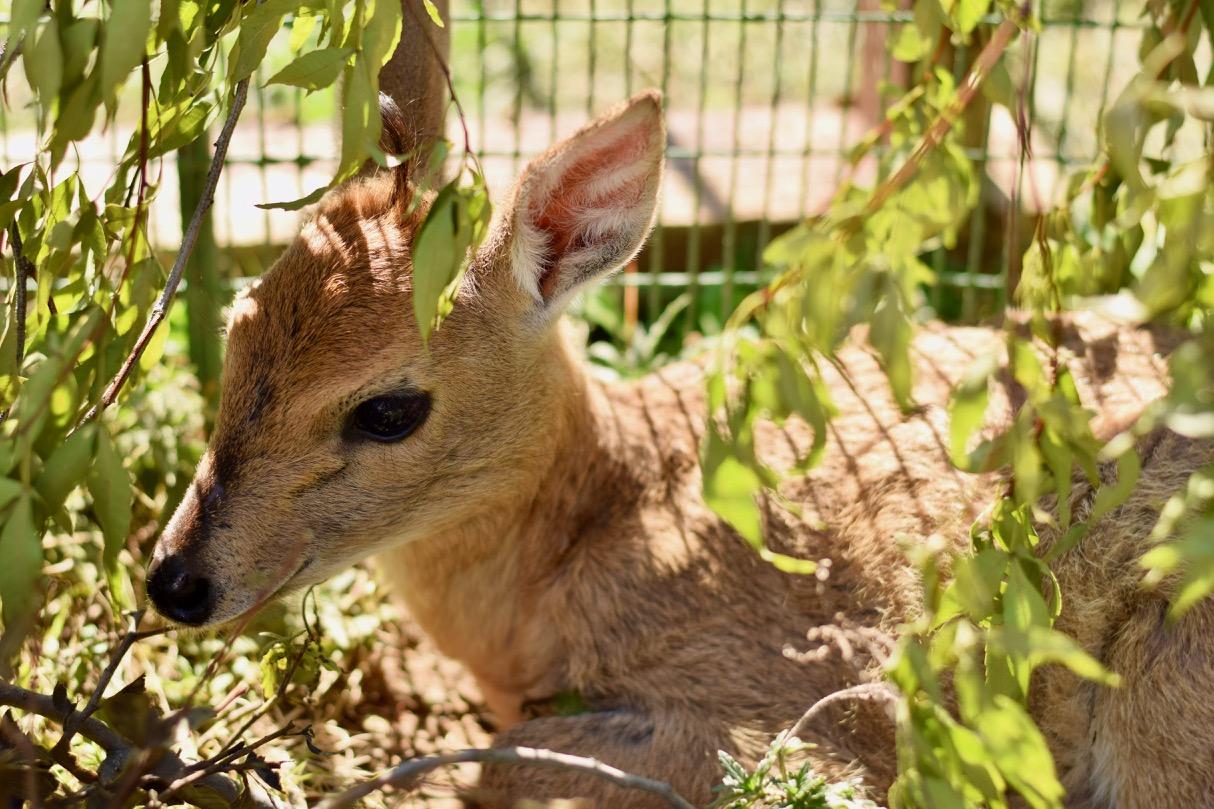
There were other residents including a spotted eagle owl, a brown snake eagle, and a baby serval, which I was not allowed to view because it was in treatment.
Here is How you can help
The majority of the support for this non-profit comes from the public—people like you and me. If you can assist Johannesburg Wildlife Vet, it would truly be an amazing contribution to an exceptional cause.
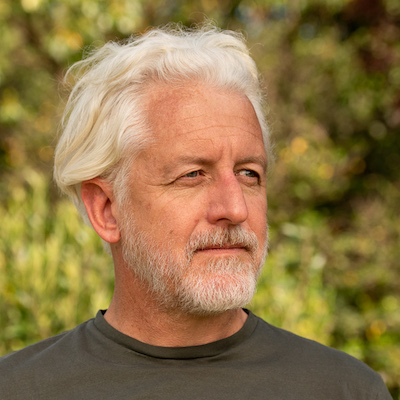
Shop for a cause
Shop on amazon.com | amazon.co.uk
